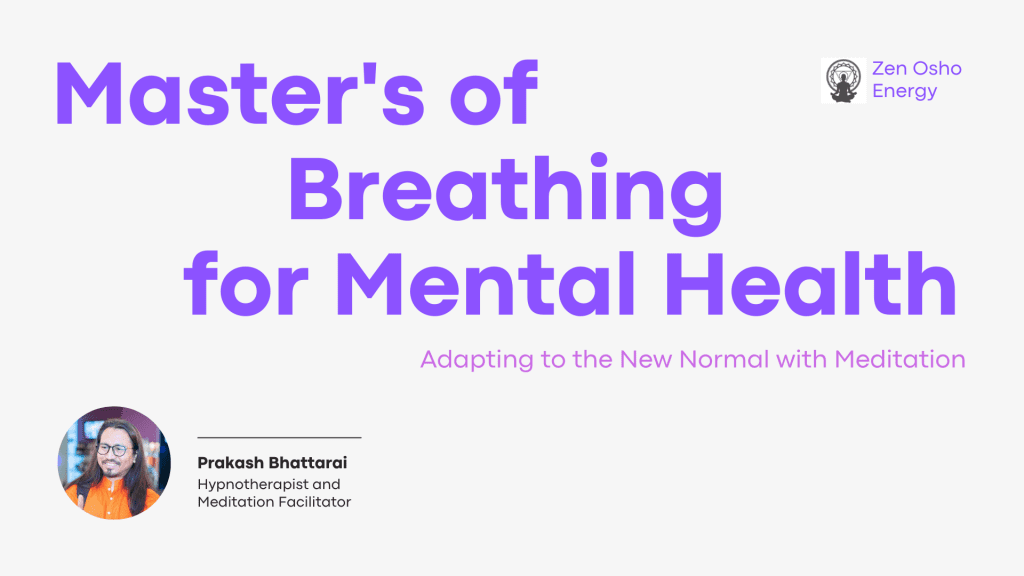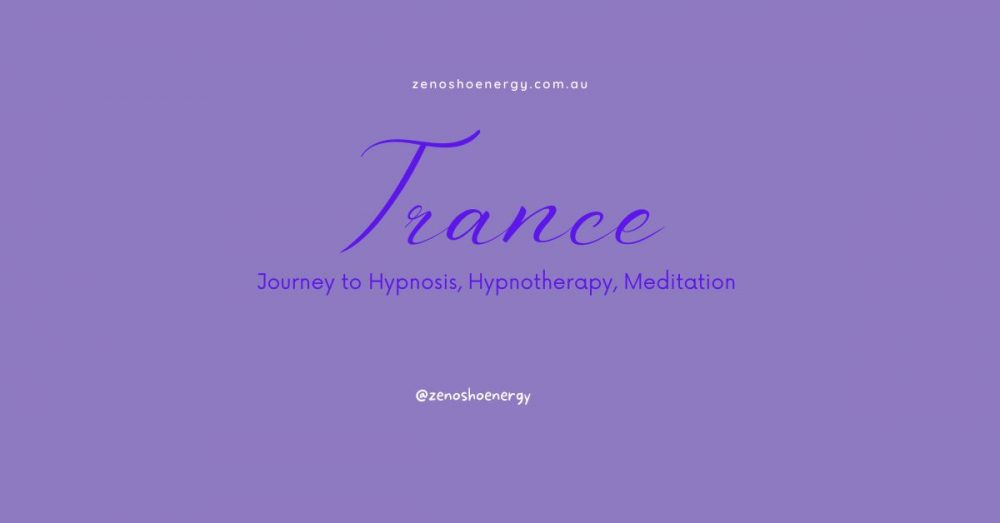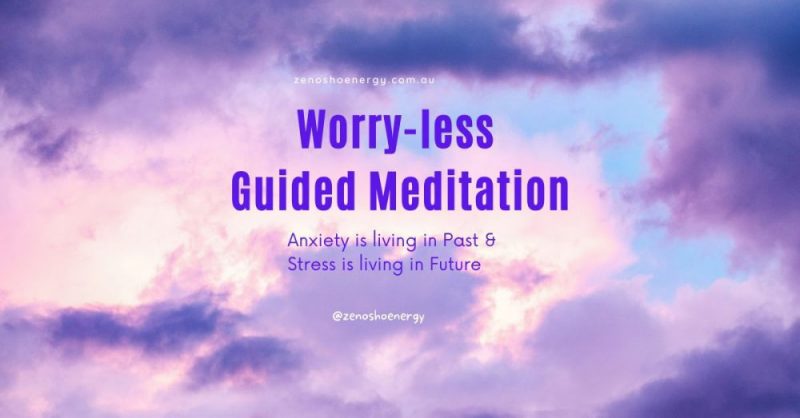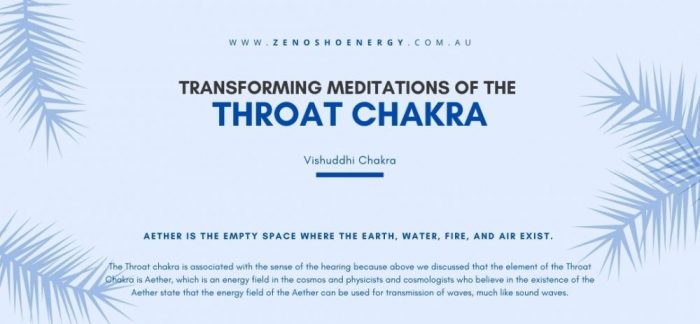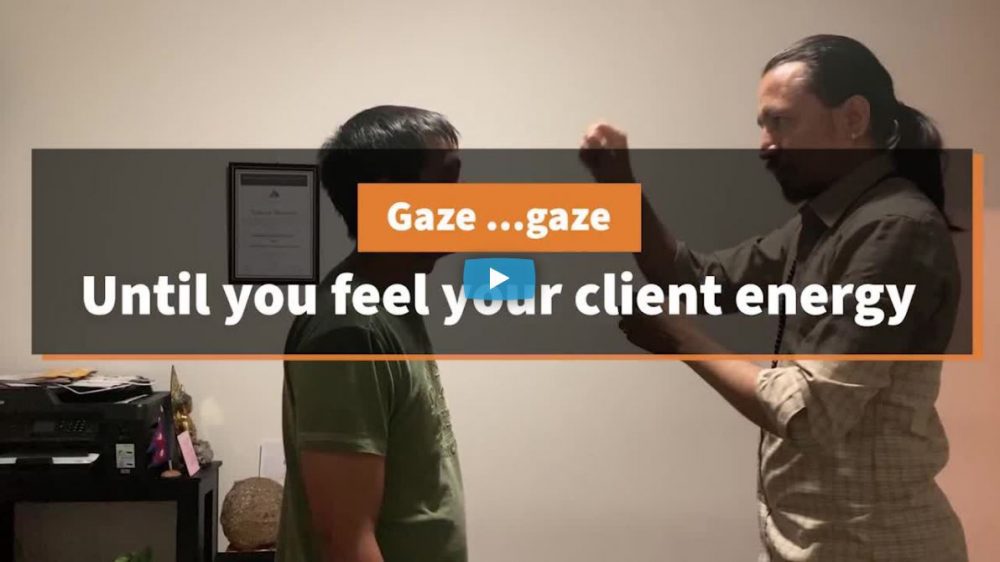Meditation [Benefits of Meditation in 2023]
Dhyan, a Sanskrit term often translated as “meditation” or “contemplation,” is a spiritual practice that involves focusing the mind on a single point of reference in order to cultivate stillness, clarity, and awareness.
Dhyan has been a central part of spiritual traditions in India for thousands of years, and it has been adopted and adapted by many other spiritual traditions around the world.
Want to Listen 1 hours of Calming Meditative Sound:
Meditation in Hinduism and Buddhism
In Hinduism and Buddhism, dhyan is often seen as a means of attaining spiritual enlightenment or liberation.
It is believed to help practitioners develop concentration, clarity, and insight, and to reduce stress, anxiety, and negative emotions.
In these traditions, dhyan is often seen as a necessary part of the spiritual path, and it is often practiced in conjunction with other spiritual practices such as yoga, pranayama (breath control), and mantra repetition.
There are many different approaches to dhyan, and different traditions and teachings place emphasis on different aspects of the practice.
Some common elements of dhyan include finding a comfortable seated position, focusing the mind on a chosen object of attention, and letting go of distractions and judgments as they arise.
This can be done through techniques such as mindfulness meditation, which involves paying attention to the present moment and letting go of thoughts and emotions as they arise, or through more structured practices such as Transcendental Meditation, which involves the repetition of a mantra.
Learn more about Best 2 meditation Techniques and how meditation helps mental health.
How is Meditation Practiced
Dhyan can be practiced in a variety of settings, including in a quiet and peaceful space at home, in a group setting such as a meditation class or retreat, or in a dedicated dhyan center or temple.
Some practitioners choose to meditate alone, while others find it helpful to practice in a group setting with the guidance of a teacher or mentor.
The benefits of dhyan are widely recognized and have been demonstrated through scientific research.
Studies have shown that dhyan can reduce stress, anxiety, and depression, and improve overall well-being and quality of life. It has also been shown to improve focus, concentration, and memory, and to reduce the risk of heart disease and other physical health problems.
A general understanding is that goal or purpose of meditation is to attain enlightenment but the there is no goal or purpose at all.
It is the most selfless act that you can do but masters also say that meditation is not even an act that you can do. Meditation just happens when the time, space , mind and body synchronize.
With a goal or purpose in mind or a desire in heart, meditation cannot happen. So, a very straight forward answer is there are no benefits of Zazen Meditation.

Zen Master and the Benefits
In the 6th century, when the Zen Grand Master, Bodhidharma Buddha went to China he was invited by Emperor Wu of the Liang dynasty in his palace who was a great follower of Buddhism.
The emperor asked Bodhidharma,
“I have made a huge donation to construct Buddhist Monasteries. How much merits have I gained.”
Boddhidharma replied, “There is no merit.”
The emperor inquired Bodhidharma,
“If you say that there is no merit, then what is the essence of Buddhism?”
Boddhidharma responded, “Nothingness.”
The ego of the Emperor was hurt and the Boddhidharma could only express his compassion in silence for the Emperor because though he had a deep devotion towards the Buddhism, he could not understand the subtle wisdom of the teachings of the Buddha.
Bodhidharma states that;
“A true student of Zen ignores the branches and the leaves, and aims for the root.”
What is the root of your misery? This goal-oriented mind.
What is the root of your misery? This constant escape into goals.
What is the root of your misery? Your mind is the root of your misery.
But you never cut the root; you go on pruning the branches, you go on pruning the leaves.
And remember, the more you prune the leaves and the branches, the thicker will be the foliage; the tree will become stronger.”
What is the meaning of branches and leaves? Let’s talk about it.
The branches and leaves are the physical and apparent benefits of meditation.
“…there is no goal of meditation. Meditation is the dropping of all goals , hence it can’t have a goal of its own; that would be against its very nature. Goals exist in the future; meditation is to be in the present.
There is no meeting ground between the present and the future—the future exists not—how can the non-existential meet the existential? That is impossible.”
-Osho-Walking in Zen, Sitting in Zen, Chapter Ten
However, it cannot be denied that meditation has a wide range of physical, emotional, mental, social health benefits and there is no doubt that meditation is the best stress reliever.
Meditation provides you a sense of calmness, peace, and balance that can benefit your overall health.
The experience of inner peace does not end when the meditation session ends. The experience lingers with you throughout the day; just like the fragrance of incense stick remains in the room even after hours of being burnt out in ashes.
Let’s talk about the benefits of Meditation in short.
Meditation increases Empathy
Empathy means the ability to understand and share the feelings of another. Meditation assists in attunement with the inner self or the Nature.
Empathy emerges from attunement with the inner self and the Nature.
Nature means I, you, and all.
We all are connected by one thread of collective consciousness, SO, if we can understand our pain, we can understand the pain for all beings.fMRI studies have found that meditation enhances the ability to respond to other people’s sounds of pain.
According to the Neuroscience Insula and Anterior Cingulate cortices regulate empathy in our brain.
The insula is a small region of the cerebral cortex. Anterior Cingulate is the frontal part of the cingulate cortex.
The fMRI reports showed that the Insula and Anterior Cingulate are more active in people who meditate than those who do not in response to the sound of pain. Deep meditators demonstrated the ability to generate empathy and compassion more in response to the sound.
So, it has been scientifically proven that meditation helps in generating more empathy, compassion, and loving feelings.
Click the image below to learn Meditation for beginners:
Meditation improves intelligence.
For ordinary people, intelligence grows only till the age of 14. The IQ score of ordinary people is between 80 to 100.This much intelligence enough for the arrangement of normal food, shelter, sex, and family.
Beyond this limit, human biology is not interested to expand. However, if you have an interest like Einstein, the intelligence is flexible to go beyond the biological limits.
When the great scientist, Emerson was asked what his age was. He said that he was 360 years old.
He further said that I may look like a 60 years old man but I am 360 years old because it would take 6 very intelligent people or 360 years for an intelligent person to do the works that I have done so far.
The growth of Intelligence depends on the growth of self-awareness and consciousness and there is no better tool than meditation to do so.
“Buddha’s intelligence cannot be measured”- Osho
People who meditate have the highest possibility of growing intelligence every day and not just till the last breath but after death as well because intelligence is not present in the body or mind but it the field of awareness in the consciousness of a person.
For example, when the 14th Dalai Lama, Tenzin Gyatso was identified as the incarnation of the 13th Dalai Lama, Thubten Gyatso, he was aware enough to recognize his belongings. This is possible only if the intelligence is carried from the past life.
People who practice meditation have the possibility of carrying intelligence and wisdom from one life to the next and carry the possibility of becoming as intelligent as the Nature.
Meditation normalizes stress
In our everyday life, people experience stress because of different reasons like;
- Work Dissatisfaction
- Work overload
- Death of beloveds
- Domestic Violence
- Relationship Break Up
- Long term illness, etc
Under the stressful situation, our body automatically reaches to fight or flight mode.
This is a biological response of the body against a threat but constant stress response of the body over a long time invites physical and mental illness.The effect of the meditation on body and mind is just the opposite fight or flight response.
It triggers the body’s relaxation response which results in the restoration of the body at the cellular and atomic level and with regular practice of meditation, the immunity of the body also increases.
Finally, it is very important to restate that all the physical, emotional, mental, social benefits are just the superficial goals of meditation or it would be precisely correct to state that there are no benefits of meditation at all because if meditation is done with the intention of gaining benefits then the meditative state cannot be achieved at all.
That is why there goes a koan in Zen, “ Zazen is good for nothing ”.
Koan is a paradox that is used to meditate upon that has no logical answer used to train Zen Buddhist monks.
Here is an insight by Osho on meditation and how it should be approached without any expectation of any benefits.
“I have initiated more than one hundred thousand sannyasins and I have been teaching meditation for twenty years to millions of people, but not a single person has come with a root question to ask. They all come with ‘How to cut this branch?’ and ‘How to cut this leaf?’ Somebody says, ‘I am suffering from anger. What should I do with it?’ And somebody says, ‘I am suffering from too much greed. What should I do about it? How can I drop greed?’ Somebody is suffering from jealousy and somebody is suffering from something else—and these are all branches and leaves. Nobody comes and says, ‘I am suffering from my mind. How should I get rid of it?’ And that is the root question. The day you see the root, things are very easy. Cut the root and the whole thing withers away of its own accord.”
-Osho-Walking in Zen, Sitting in Zen, Chapter Ten
*************************************************************************
Available online courses on Zen Osho Energy:
 You don't have access to this posts. Please login.
You don't have access to this posts. Please login.




